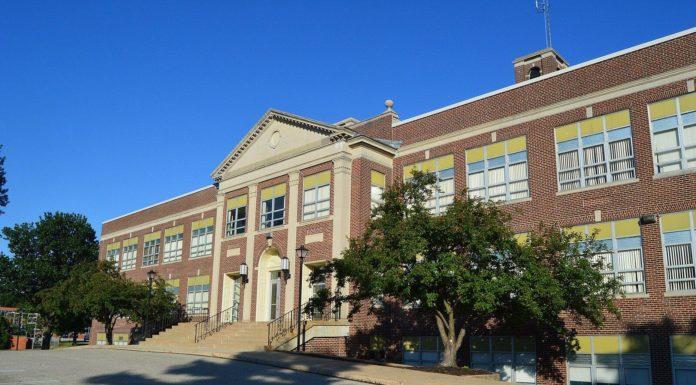(Anthony Hennen, The Center Square) A dozen school districts in Pennsylvania exploited a legal loophole to raise millions of dollars in new taxes on the public without putting it to a referendum.
In the process, they’ve hidden hundreds of millions of dollars in reserve funds that could cover school costs without raising taxes.
The state auditor has warned that there are potentially more school districts who have done the same.
The announcement, made during a press conference by Auditor General Timothy DeFoor, was based on an audit of a dozen schools across the state.
“For years, there’s been concerns raised to us from the General Assembly and from residents about school districts who are raising taxes while seemingly having enough money in the reserves to cover any type of budget gaps,” DeFoor said. “For nearly a year, our audit team looked in (to) this practice to see whether school districts appropriately used referendum exceptions to raise property taxes without voter input.”
The audit found that the school districts did this repeatedly — collectively, they raised taxes 37 times from 2018-2021.
As a result, though they increased taxes, the districts have $390 million in their general funds accounts “that is sitting unspent,” DeFoor said.
The law was meant to be used as an extreme measure for financial hardship. Instead, the school districts have used it as a “regular budgeting tool,” DeFoor said.
“These districts found a way to use the law to their advantage so they could always raise taxes,” DeFoor said. “Basically, it’s a shell game.”
The following schools were audited, all of which have increased taxes without a public referendum:
Abington School District, Montgomery County;
Bethlehem Area School District, Northampton and Lehigh counties;
Cannon-McMillian School District, Washington County;
Hempfield School District, Lancaster County;
Lower Merion School District, Montgomery County;
Neshaminy School District, Bucks County;
North Allegheny School District, Allegheny County;
Northampton Area School District, Northampton County;
North Penn School District, Montgomery County;
Penn Manor School District, Lancaster County; and
School District of Lancaster, Lancaster County;
West Chester Area School District, Chester and Delaware counties.
It’s not yet clear how many more school boards have done the same.
“These are just 12 districts; there are 500 in Pennsylvania,” DeFoor said. “It’s not a stretch to say that it’s happening throughout the commonwealth.”
The auditor recommended that the General Assembly modify existing law to require districts to use their general funds and surplus funds before asking the Department of Education to issue an exception to a tax referendum.
School boards defended the practice to the auditor as pragmatic. They needed to submit a budget by June 30, but would not yet know how much they would receive from the state government by that time.
DeFoor suggested that school districts’ fiscal year should be shifted from June 30 to Sept. 30 to avoid such a problem.
“We simply cannot allow school boards to use legal maneuvers that take away the voice of our taxpaying citizens,” DeFoor said.
Critics noted that schools have built up significant reserve funds for years while increasing taxes.
“School districts are flush with cash even as they promulgate a narrative of underfunding,” Nathan Benefield, senior vice president of the Commonwealth Foundation, said in a press release. “Many districts have been stockpiling taxpayer funds for years—increasing their reserve funds far above what’s necessary for a rainy day.”
Since 2012, the 500 school districts across Pennsylvania have seen their reserve funds increase by almost 33% to $5.3 billion, Benefield noted, along with $3.6 billion in federal pandemic aid.
“The audit confirms that many school districts are not only adequately, but excessively funded,” Benefield said. “The state should move to protect Pennsylvania taxpayers from unnecessary tax increases and direct funding towards students—including those seeking alternatives to their neighborhood school. Families, not school buildings, need more resources.”

